Viviane
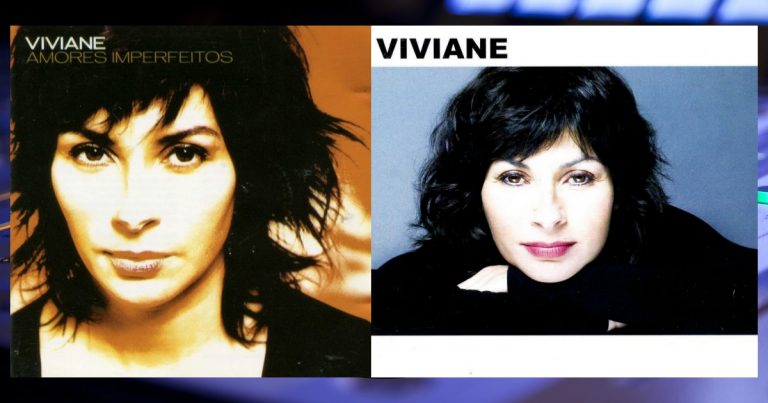
Viviane was born in Nice, France, but moved to Portugal at the age of 13. She began her musical career in 1990, forming the band Entre Aspas with Tó Viegas. The group released five albums before disbanding in 2005. After…

Viviane was born in Nice, France, but moved to Portugal at the age of 13. She began her musical career in 1990, forming the band Entre Aspas with Tó Viegas. The group released five albums before disbanding in 2005. After…

Portuguese music is a reflection of the country’s rich history and culture, with influences dating back centuries. From medieval sacred music to Fado, and from Rock to Pop, Portuguese music has an impressive diversity. Middle Ages and Renaissance (12th-16th centuries)…

Norberto Lobo, a Lisbon musician, releases “Mudar de Bina”, his debut solo album. The record is almost entirely centered on the sound of the acoustic guitar, highlighting Norberto Lobo’s expressive and interpretive skills as a guitarist. In an era of…

Luís Varatojo began his music career in 1986, founding the rock band Peste & Sida, which stood out in the Portuguese music scene in the late 1980s. With energetic music and direct messages, the band achieved significant notoriety, both in…

Portuguese popular musical instruments are a generic category for any sound-producing device manufactured in Portugal (mainland and islands) within the lower classes, considered popular. To understand the organology of popular production in Portugal, it is necessary to understand the geography…

Catarina Rocha, is the new revelation of Fado. If “LUZ” (produced by Diogo Clemente) had already been considered one of the best albums released in 2017, now, Catarina Rocha brings more “LIFE” to fado! After hits like “Novo mar” and…
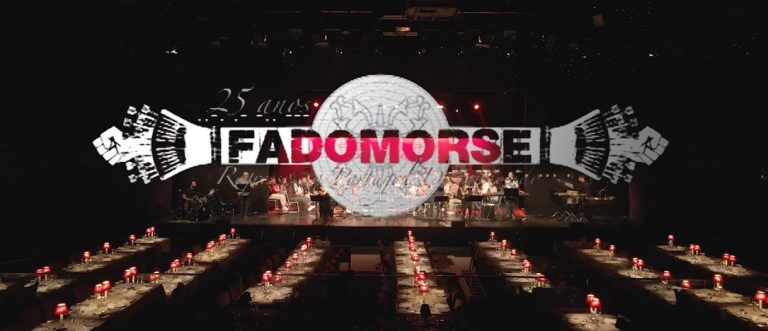
It would not be very expected that one of the most interesting projects mixing the concepts of pop and traditional music would have taken place in Mirandela, but perhaps this is one of the great Portuguese prejudices, that of expecting…
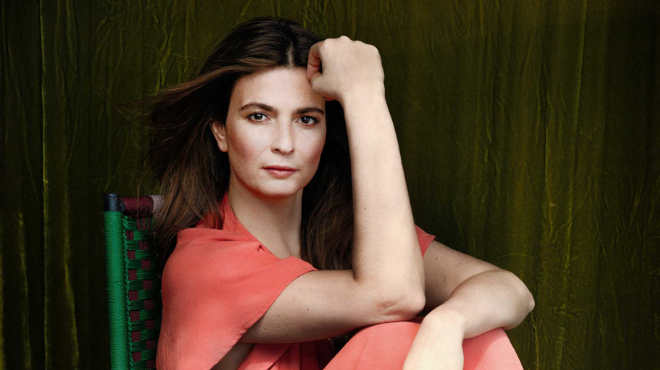
Marta Pereira da Costa (Lisbon, September 9, 1982) was the first woman to play fado professionally on the Portuguese guitar. He has roots in Macau, as his mother is Macanese and his maternal grandfather was from Shanghai, but it was…
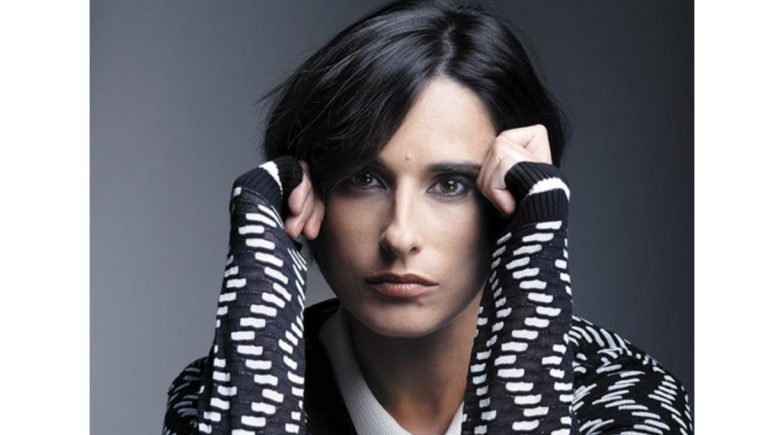
Cristina Branco is an indefatigable ambassador of Portuguese culture around the world. Over the last two decades, she has established herself as one of the most prolific singers today, producing a remarkable discography. Traditional Portuguese music is her main aesthetic…

Mísia, artistic name of Susana Maria Alfonso de Aguiar born in Porto on June 18, 1955, is a Portuguese singer, considered one of the most important fado singers today. Until her late teens, Mísia lived in her hometown, occasionally singing…
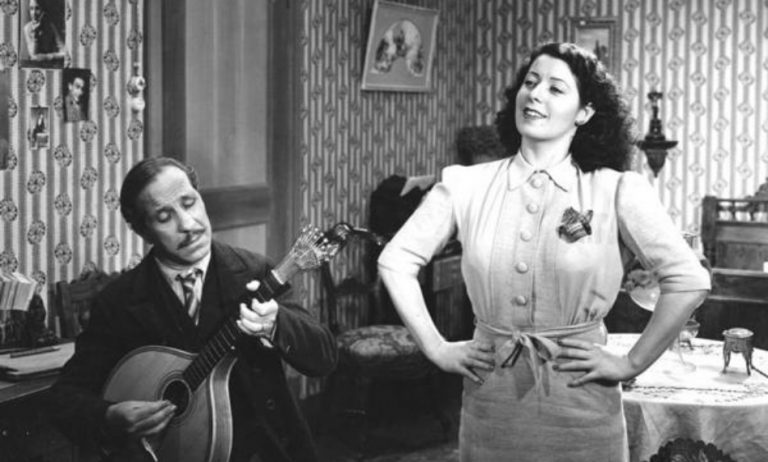
Hermínia Silva was born at the São José Hospital in Lisbon, on October 23, 1907, to an unknown father and Josefina Augusta, a native of Samora Correia and widow of Manuel Joaquim Lopes Ramos for 5 years. She was baptized…
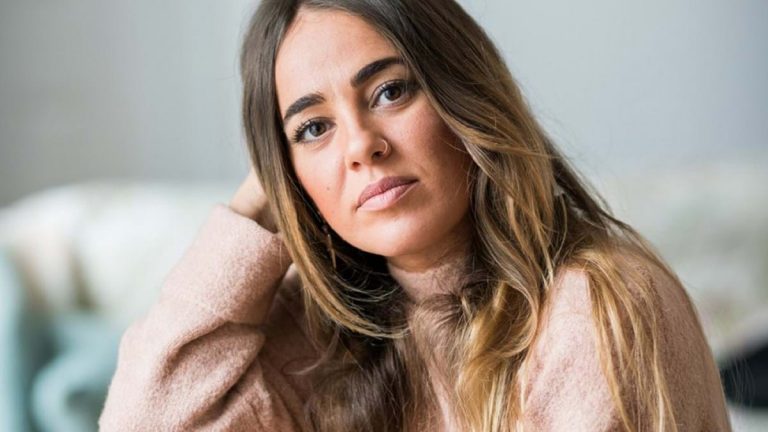
One of the voices of fado, Gisela João is an important interpreter of current Portuguese music, recognized with the Blitz, Time Out, Expresso awards and the Golden Globe for Best National Performer. Gisela’s presence on national and international stages, as…
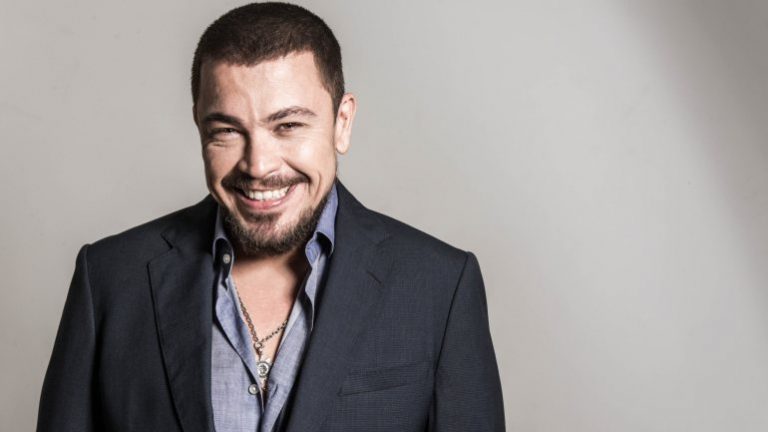
Ricardo Alexandre Paulo Ribeiro was born on August 19, 1981, in Lisbon. He was raised in Bairro da Ajuda, having started singing at the age of 9 for his friends. Driven by an aunt, his debut took place at the…
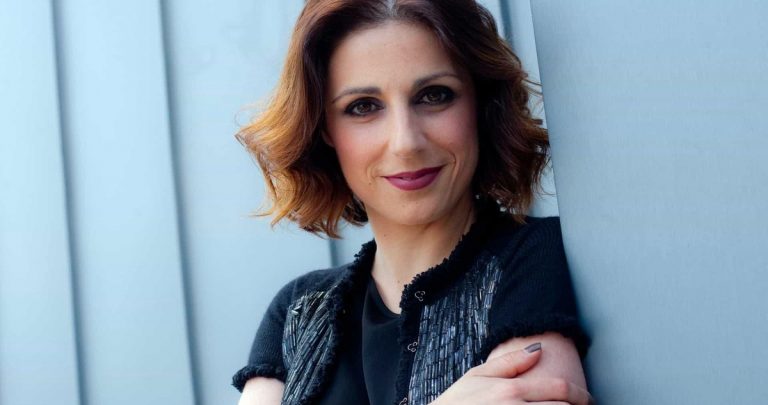
Katia Duarte d’Almeida d’Oliveira Rosado Guerreiro (23 February 1976), better known simply as Katia Guerreiro, is a Portuguese fado singer and ophthalmologist born in South Africa. She divides her life between her passions for music and medicine. She is one…
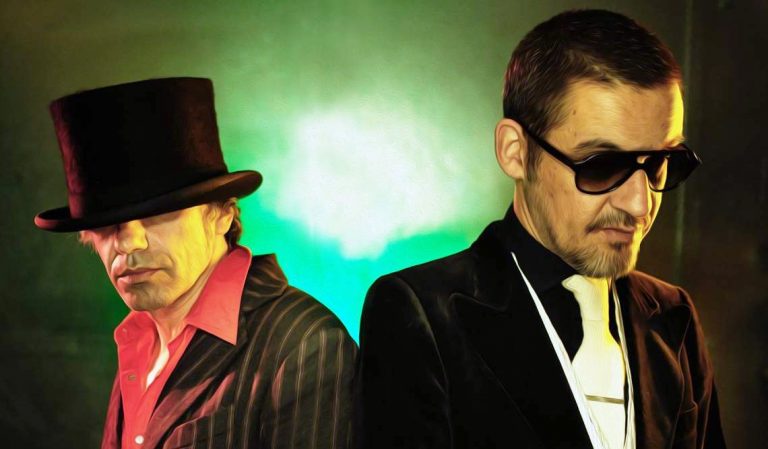
Dead Combo was a Portuguese band whose main musical influences were Fado, Rock, Western soundtracks, as well as music from South America and Africa. The band consisted of just two members: Tó Trips (guitars) and Pedro V. Gonçalves (double bass,…
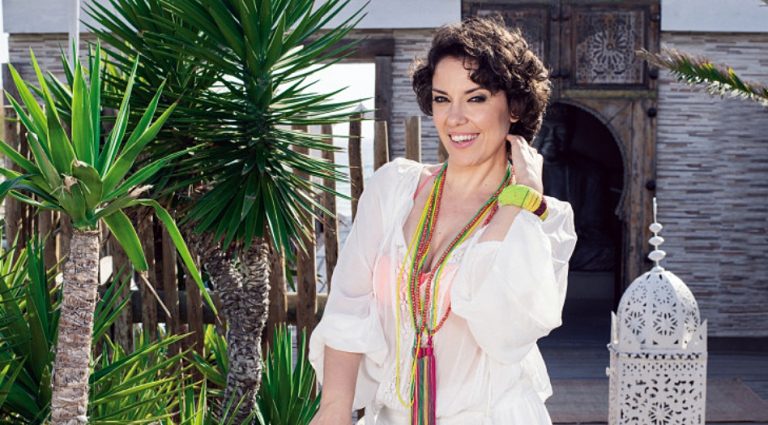
Source: museudofado.pt Ana Laíns sings for the first time in public at the age of 6. Born in Tomar, she discovered her talent for music at an early age and at the age of 15 she sang her first fado…
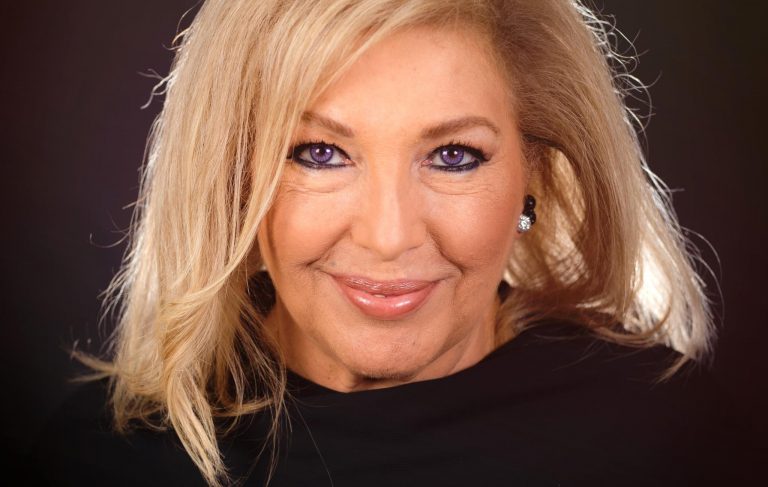
Maria Helena Gentil do Carmo, better known as Lenita Gentil (Marinha Grande, August 6, 1948), is a Portuguese fado singer. Lenita started singing in public at the age of 5. At the age of 16, she made her debut at…
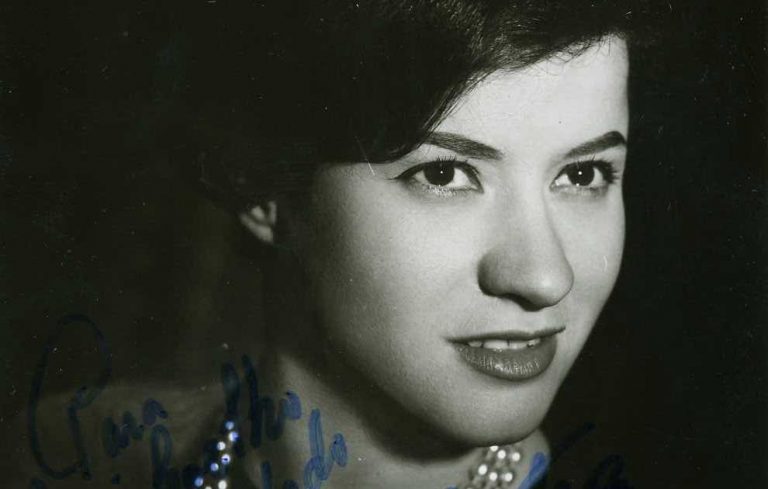
Ada Antunes Pereira was born in the parish of Castelo which led her to adopt the stage name of Ada de Castro, a synonymous of her neighbourhood of birth. She began her artistic career as an amateur actress at Grupo…
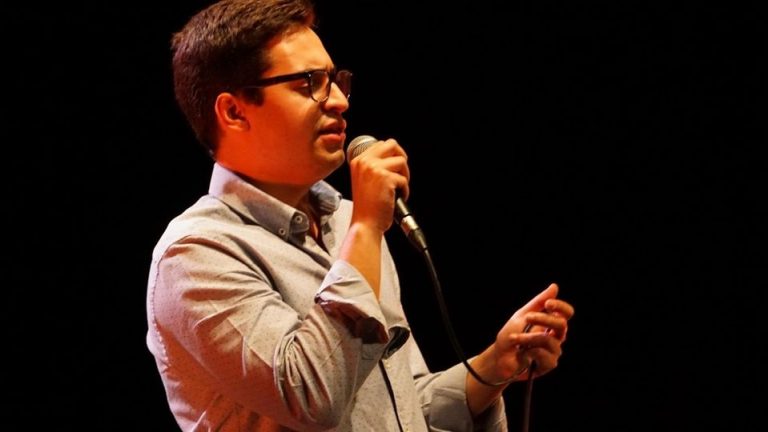
Buba Espinho, a young singer from Alentejo aged just 24, brings with him the legacy of several generations of traditional Portuguese music. Born in Beja, he has experienced and felt roots music intensely from an early age, through the hand…
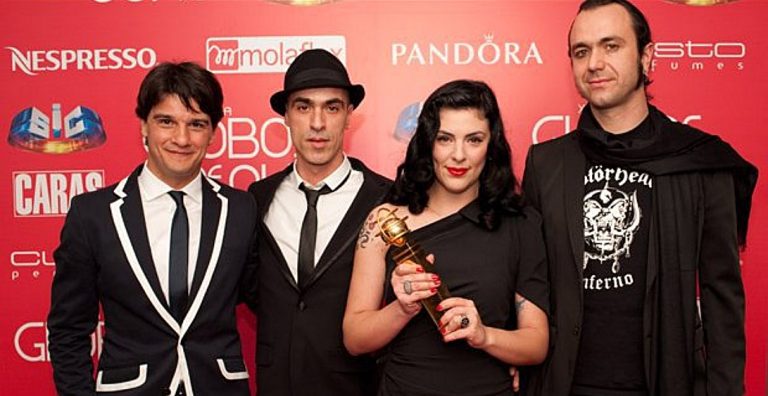
The Hoje project began in 2009 as an idea from Nuno Gonçalves from The Gift: to bring Amália Rodrigues’ fados to the universe of contemporary pop. After taking as a starting point a musical arrangement of the classic “Gaivota”, Gonçalves…
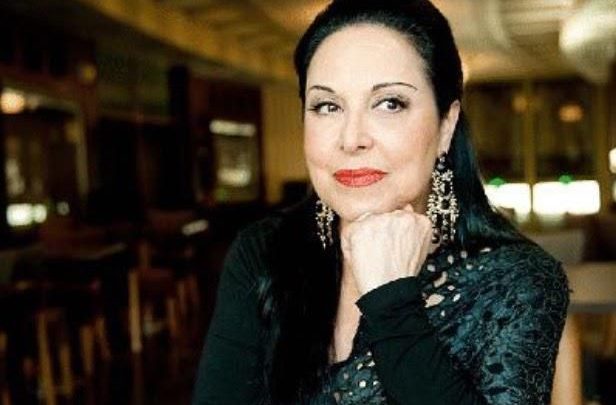
Cidália Moreira is a Portuguese singer, actress and fado singer born in Olhão, Portugal, in 1944. She is known as the “gypsy fado singer”. From an early age, she demonstrated her passion for singing and dancing, and this was reflected…
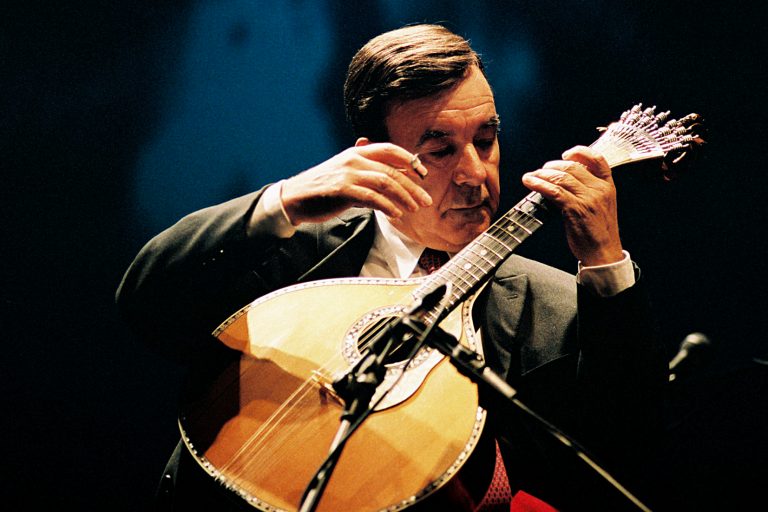
Like other European cisterns, it represents both in terms of tuning and in terms of the construction of its interior and exterior, one of the direct developments of the Renaissance European cistern. This instrument was strongly present in court music…
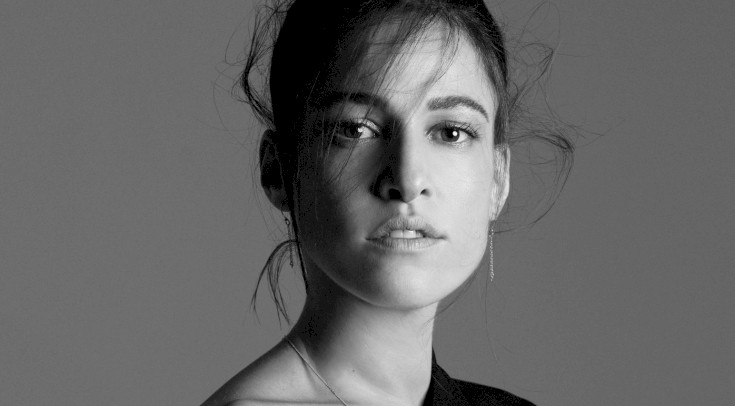
Maria do Carmo de Carvalho Rebelo de Andrade (Lisbon, August 20, 1984), artistically known simply as Carminho is a Portuguese singer and songwriter. She is the daughter of Teresa Siqueira, also a fado singer, and is considered one of the…

Celebrating April 25th: The Music of Portugal April 25th, also known as the Carnation Revolution, marks the day when Portugal transitioned from a dictatorship to a democratic government in 1974. This day is celebrated annually in Portugal as a national…

The international opinion about Portuguese Music is that it’s Fado. Since 1939, when Amália Rodrigues, wowed audience wordwide with the songs of the urban poor fado has been the internationally popular genre from Portugal. Nowadays her younger heirs like Mariza,…
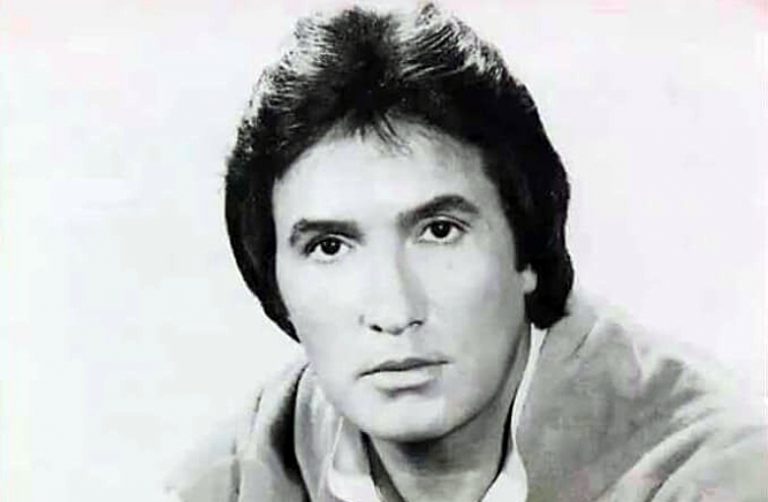
António Mourão, artistic name of António Manuel Dias Pequerrucho, (Montijo, June 3, 1935 – Lisbon, October 19, 2013) was a Portuguese fado singer. Interpreter of the well-known theme “Ó Tempo Volta para Trás”, he withdrew from the artistic world in…
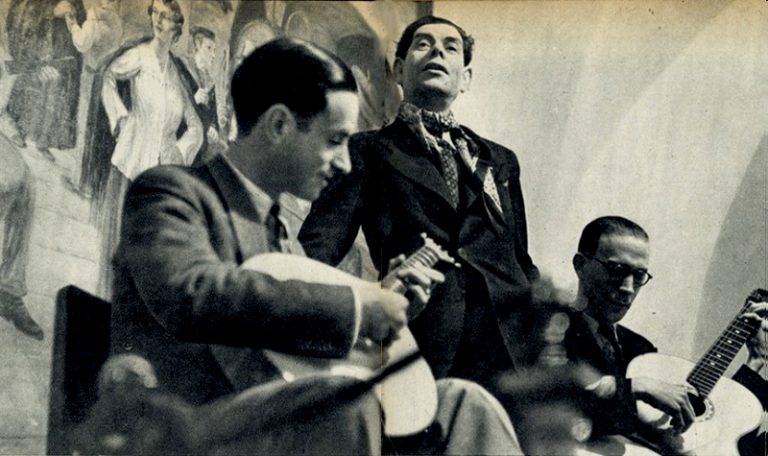
Alfredo Rodrigues Duarte was born in a house on Travessa de Santa Quitéria, in São Bento, on February 29, 1892 — an unusual date that only happens every four years. Therefore, his mother officially registered the birth as having occurred…
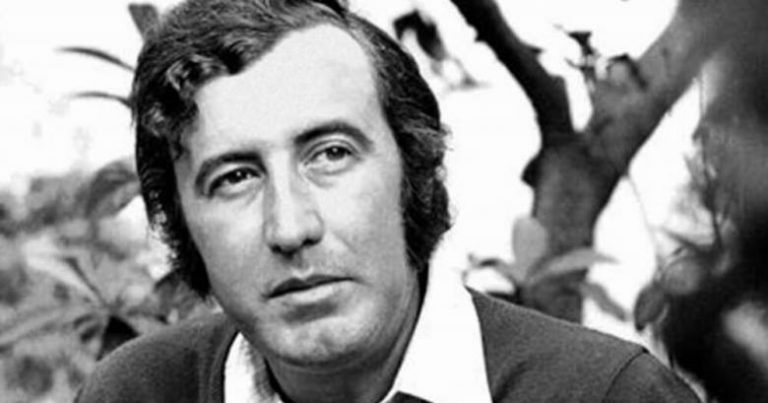
Adriano Maria Correia Gomes de Oliveira, or just Adriano (April 9, 1942 – October 16, 1982) was a Portuguese musician, born to a conservative Roman Catholic family in Porto. His family moved to Avintes after his birth. He went to…